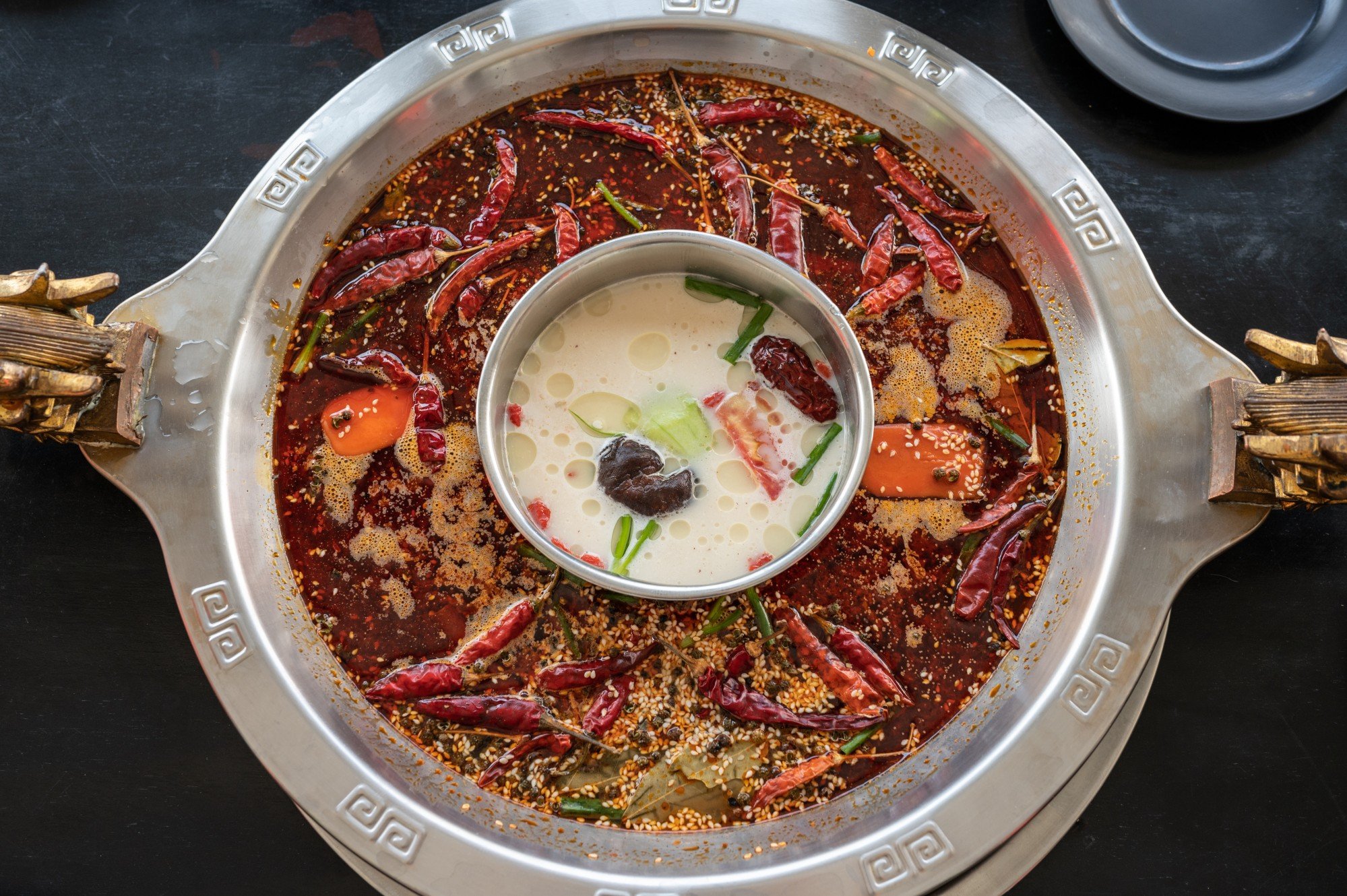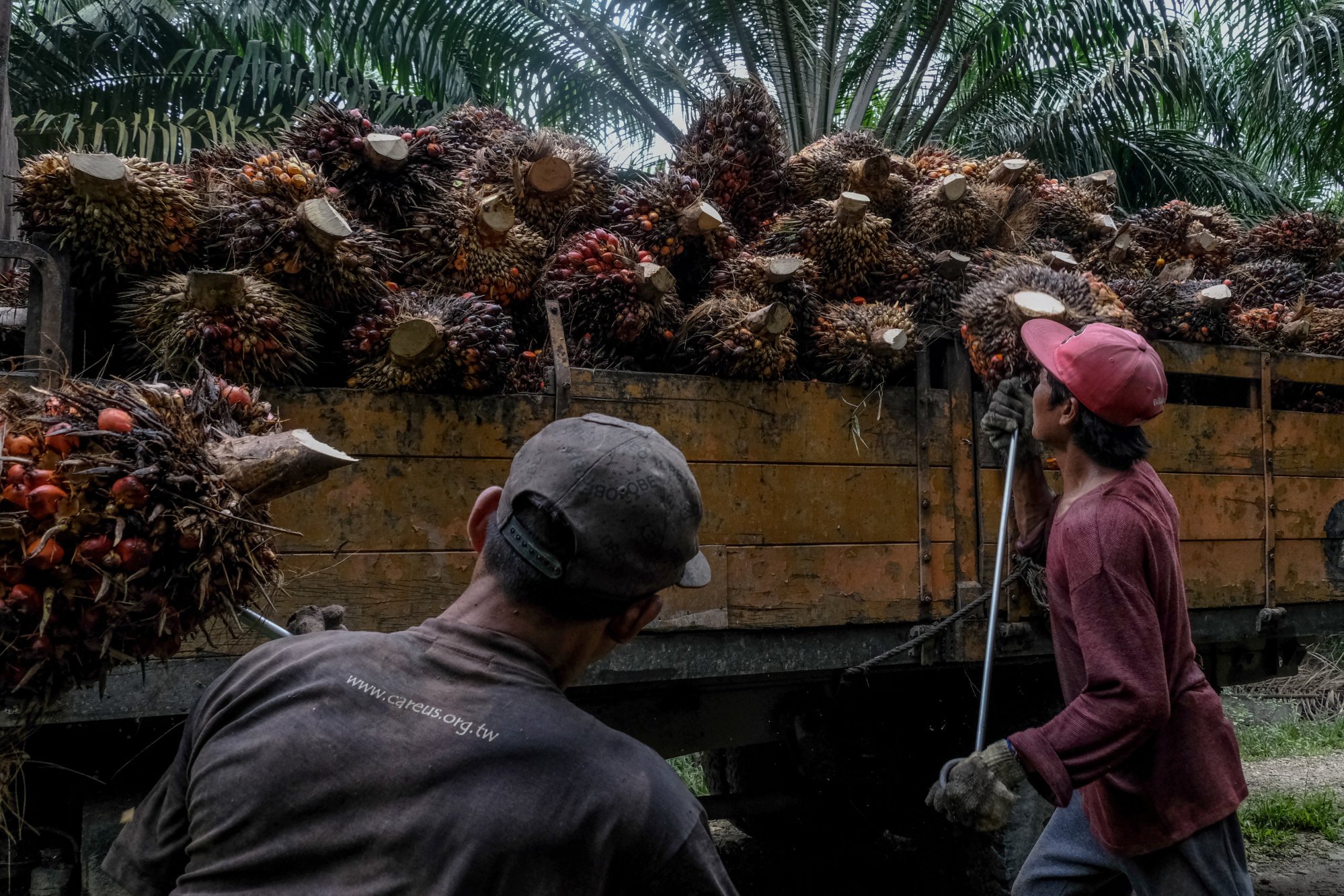Malaysia is banking on China’s love of mala stew to boost palm oil exports

China is the second-largest importer of Malaysian palm oil, buying nearly 3.1 million tonnes of the controversial commodity last year, which environmental groups say is responsible for massive deforestation and the destruction of the habitat of critically endangered animals such as orangutans.
However, Malaysia believes there is still plenty of room to increase demand in China. According to official data, there were nearly 400,000 restaurants specializing in Sichuan hotpot across the country in 2021.

The government has hatched a plan to persuade China’s hundreds of thousands of hotpot operators to consider palm oil as an alternative base for the tongue-numbing broth, which is often made from beef tallow and can be so spicy that some variants are said to induce hallucinations.
“Palm oil is not only abundant but also versatile and heat-stable, making it ideal for the intense cooking process of mala hotpot,” Chan Foong Hin, Malaysia’s deputy minister for plantation economy and commodities, told This Week in Asia.
Chan said the government has already formed partnerships with Chinese companies to embed palm oil as deeply as possible into the hotpot industry’s supply chain, while actively promoting the benefits of using palm oil in China’s culinary tradition.
“The feedback so far has been very positive and indicates strong growth potential in this market segment,” he said.
Malaysia’s hotpot offensive began last year when local restaurant operators and commercial producers of the mala hotpot soup base sought alternative fats to make up for the shortage of beef tallow, traditionally used for its taste and texture.
This change of policy coincided with complaints filed with the World Trade Organization by Malaysia and Indonesia, the world’s largest palm oil producers, against EU rules on deforestation. The two countries believed that these unfairly restricted palm oil cultivation and instead favored vegetable oils grown in Europe.

In March, the WTO agreed to the EU’s move to ban palm oil as a renewable biofuel source by 2030 under its deforestation regulation. The regulation was formally adopted in 2021 to ban imports of crops grown on deforested land or that pose a high risk of displacing food crops.
Once fully in force, the EU regulation would ban imports of vegetable oils suspected of contributing to recent deforestation. Malaysia and Indonesia have said the regulation imposes unreasonable demands on smallholder farmers who can barely afford technology such as GPS tracking for their products.
Malaysia argues that it no longer allows clearing and deforestation to expand oil palm plantations in the country.
In 2015, the company launched its MSPO (Malaysian Sustainable Palm Oil) certification to promote sustainable practices in the industry and counter the deforestation narrative that runs like a thread through diplomatic and public discussions in Europe.
The EU remains an important market for Malaysian palm oil and palm oil products.

The region imported nearly 2.8 million tonnes in 2023, but demand has steadily declined as EU member states face continued public opposition to the ubiquitous oil, which is used in everything from making lipsticks and soaps to pastries and the popular spread Nutella.
Malaysia is actively promoting the use of MSPO-certified palm oil and palm oil products in China, said Deputy Minister Chan, adding that the now mandatory certification for palm oil produced in Malaysia demonstrates “Malaysia’s commitment to sustainable palm oil production”.
“China has shown a positive attitude towards MSPO and accepts the import of MSPO-certified products. It is expected that more Chinese companies will import MSPO-certified palm oil products in the future,” he said.



